Beyond the Pouch: Embracing Zero-Waste Options for Feeding Your Baby
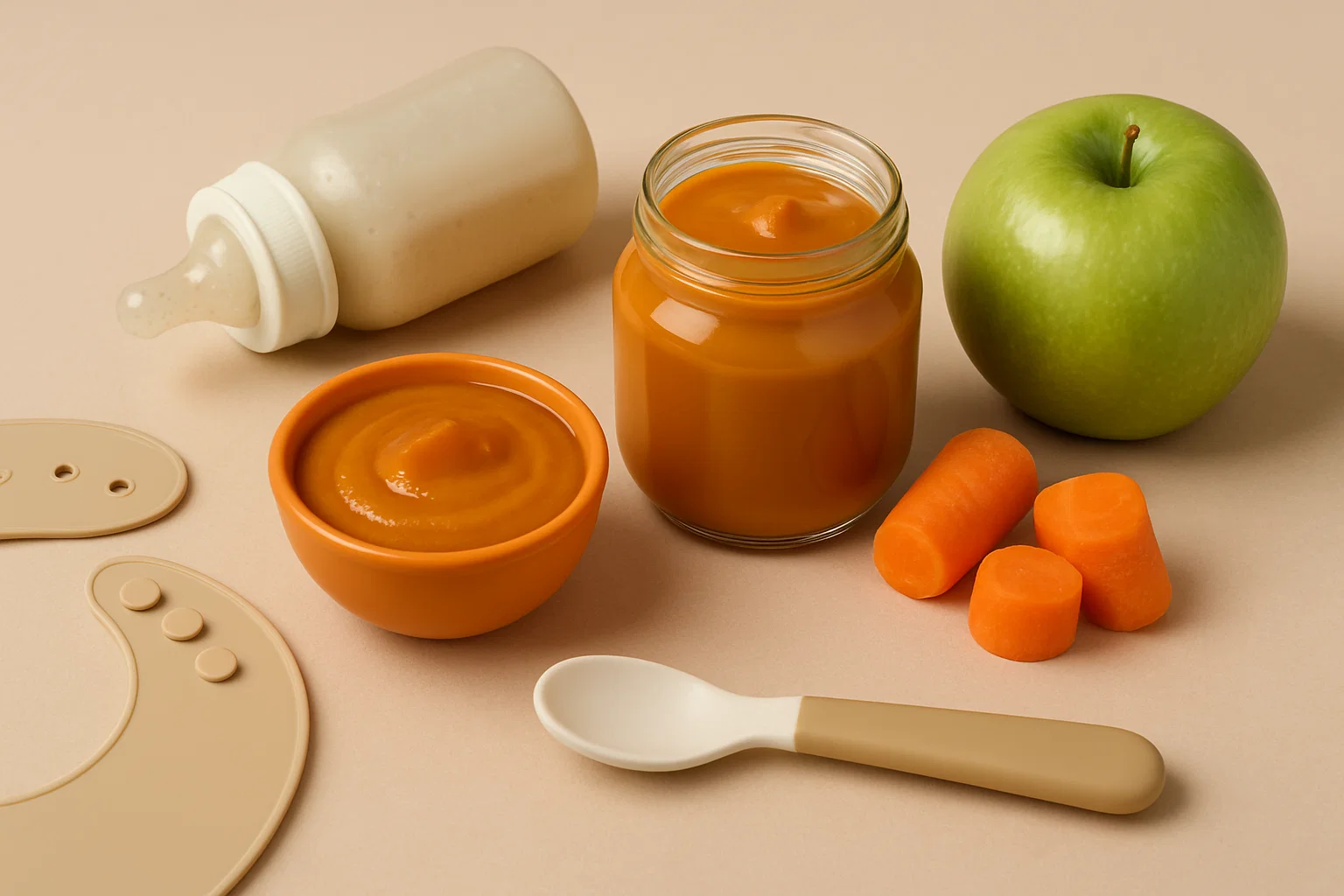
The introduction of solid foods to a baby's diet is an exciting milestone, often accompanied by the convenience of pre-packaged baby food pouches. These squeezable containers offer a mess-free and portable way to nourish infants and toddlers. However, the vast majority of these pouches are made from non-recyclable plastic and aluminum laminates, contributing significantly to the ever-growing problem of packaging waste. The sheer volume of pouches discarded globally each year represents a considerable drain on resources and a major contributor to landfill accumulation. For environmentally conscious parents, seeking zero-waste alternatives that prioritize reusable containers and homemade options offers a more sustainable and less wasteful approach to feeding their little ones.
The lifecycle of a non-recyclable baby food pouch is a prime example of linear consumption. Complex layers of plastic and aluminum are fused together to create a lightweight and shelf-stable container. While effective at preserving food and offering convenience, this multi-material construction makes the pouches extremely difficult, if not impossible, to recycle through conventional methods. Once emptied, these pouches are typically discarded, destined to persist in landfills for centuries. The environmental burden of this cycle, multiplied by millions of parents worldwide, underscores the urgent need for more sustainable alternatives in how we feed our babies.
Fortunately, a variety of effective and readily available zero-waste options can easily replace non-recyclable baby food pouches. By embracing glass jars for storing and serving homemade baby food, utilizing DIY baby food in silicone pouches that can be washed and refilled, or opting for bulk food storage and preparation methods, parents can significantly reduce packaging waste and make a more environmentally conscious choice for nourishing their infants and toddlers. These alternatives offer a way to provide nutritious meals while minimizing our impact on the planet.
Nourishing with No Waste: Exploring Sustainable Baby Food Options
Moving beyond the convenience of non-recyclable pouches opens up a world of reusable and environmentally conscious ways to feed your baby:
Glass Jars: The Timeless and Reusable Storage Solution
Glass jars, readily available in various sizes, offer a simple, safe, and highly reusable solution for storing and serving homemade baby food. Glass is inert, meaning it won't leach harmful chemicals into food, and it can be easily washed and sterilized. Unlike single-use pouches, glass jars can be used repeatedly for storing purees, mashed fruits, and other baby foods. Brands like Wean Green offer durable glass containers specifically designed for baby food storage, often with leak-proof lids and measurement markings.
DIY Baby Food in Silicone Pouches: Refillable and Portable
DIY baby food in silicone pouches provides a reusable and portable alternative to pre-filled, non-recyclable pouches. These pouches, often made from food-grade silicone, can be filled with homemade baby food and easily squeezed for feeding on the go. Brands like Squeasy Gear and Haakaa offer various sizes and designs of reusable silicone food pouches that are easy to clean and can be used repeatedly, significantly reducing packaging waste.
Bulk Food Storage: Preparing Fresh and Reducing Packaging
Preparing baby food in bulk and storing it in reusable containers, such as glass jars or freezer-safe silicone trays, is another excellent way to minimize packaging waste. This method allows you to control the ingredients and consistency of your baby's food while avoiding single-use packaging altogether. Freezing individual portions in reusable containers makes it easy to thaw and serve fresh, homemade baby food as needed.
Embracing a Zero-Waste Feeding Journey: Mindful Practices
Transitioning to zero-waste baby food options may require a slight adjustment to your feeding routine:
- Homemade Preparation: Dedicate some time to preparing batches of homemade baby food.
- Reusable Storage: Invest in a set of glass jars or reusable silicone pouches.
- Freezing Portions: Freeze individual servings for easy access.
- Cleaning Reusables: Establish a simple cleaning routine for your reusable containers.
By consciously choosing glass jars, DIY food in silicone pouches, and bulk preparation methods, parents can nourish their babies effectively while significantly reducing packaging waste and embracing a more sustainable approach to feeding.
Related Blogs
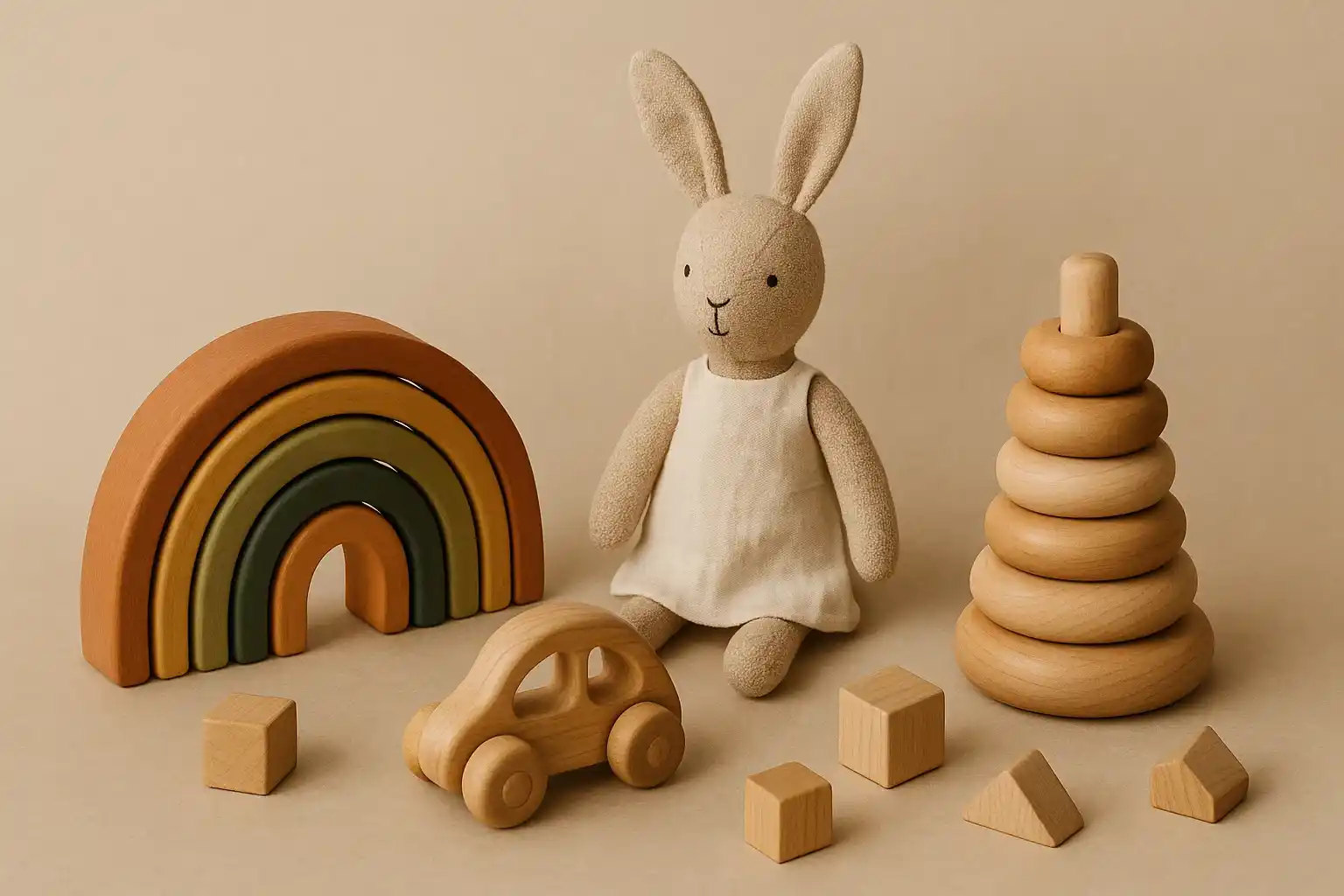
Unplug and Imagine: Choosing Battery-Free Toys for Engaging and Sustainable Playtime
Foster imagination and save energy with manual musical toys, story books, and nature play.
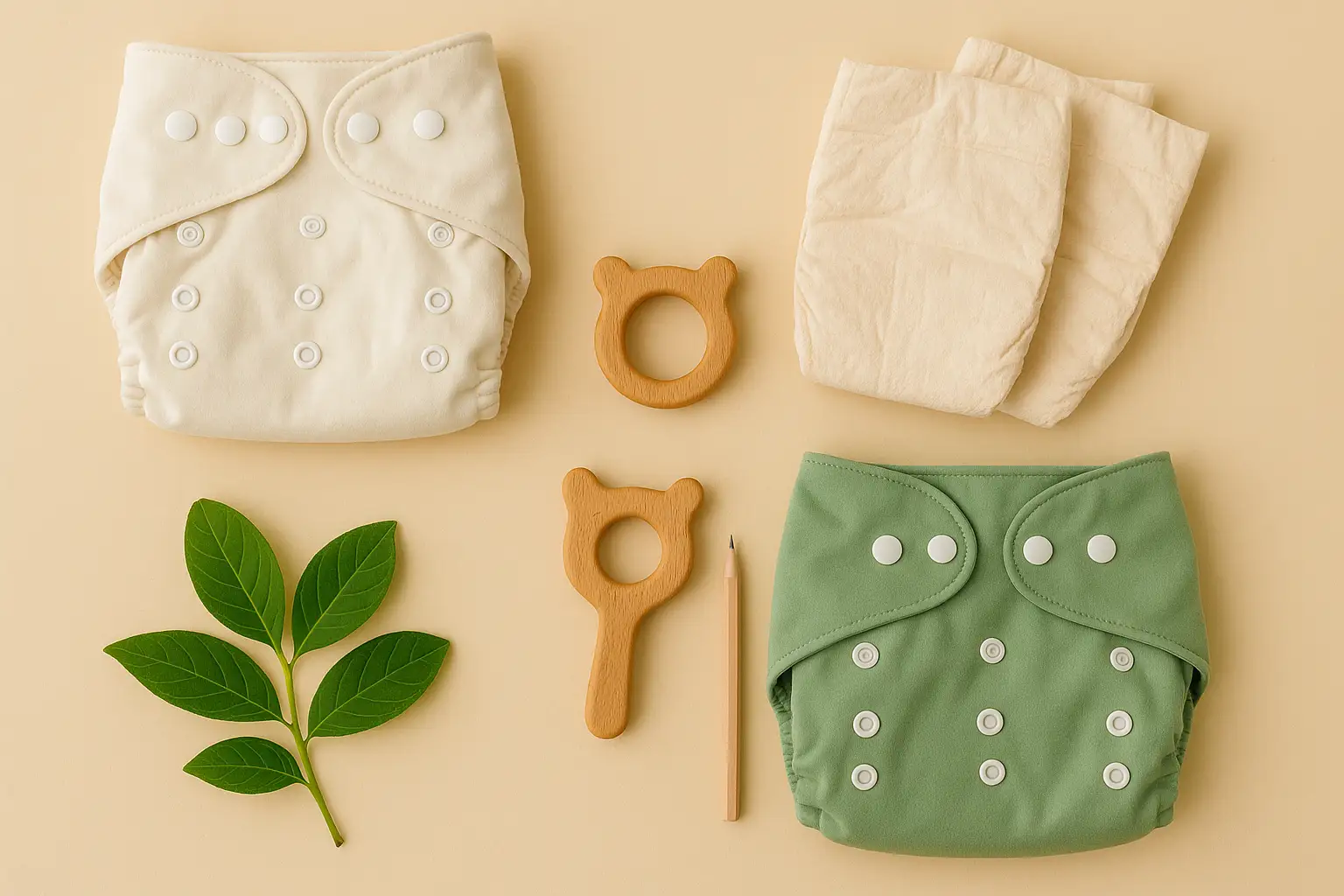
The Great Diaper Debate: Navigating Cloth vs. Eco-Disposables for a Sustainable Start
Comparison of sustainable alternatives to help you make informed decisions.
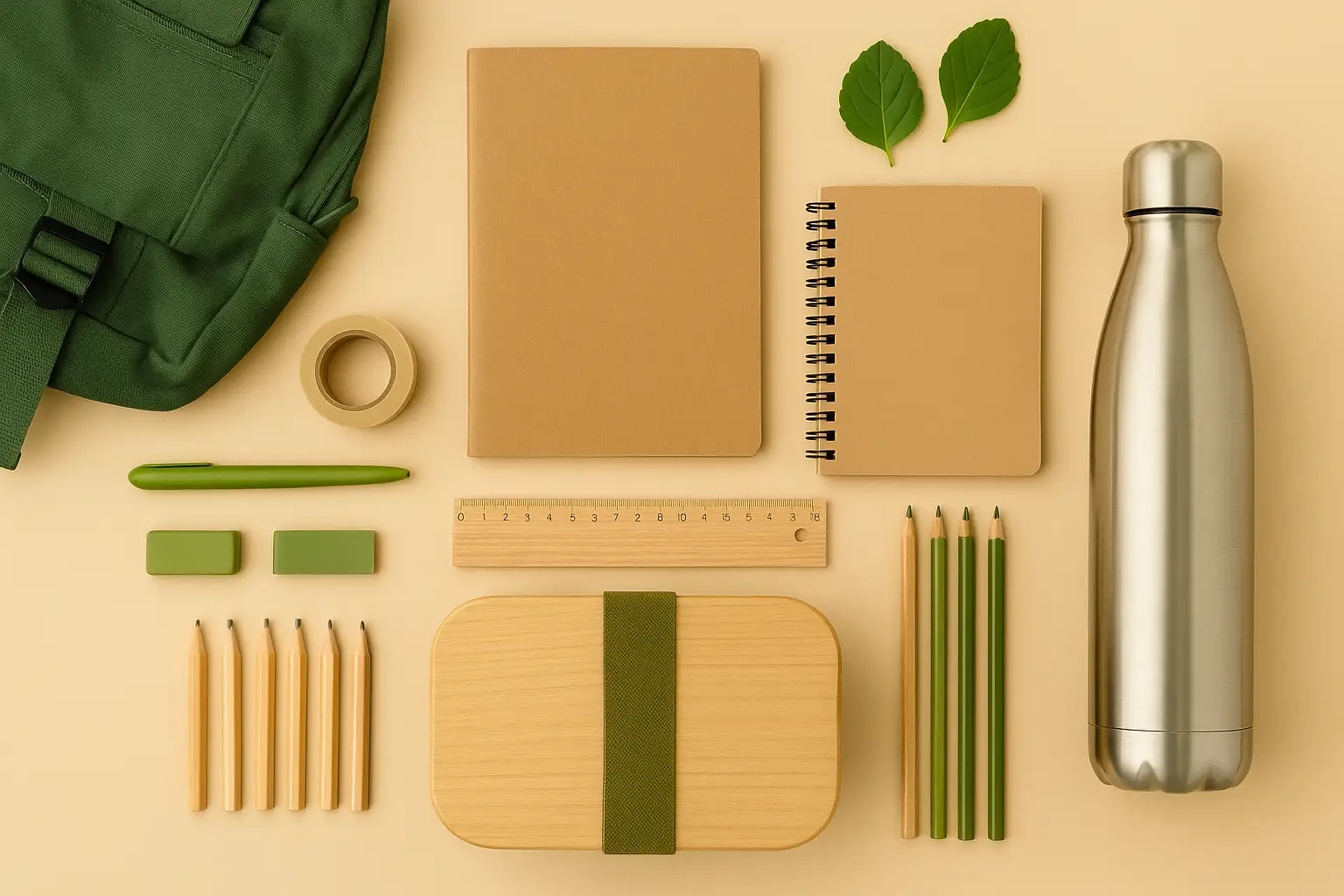
Equipping Young Minds, Protecting Our Planet: Sustainable School Supplies Kit
Insights on creating a sustainable school supplies kit in a sustainable way.
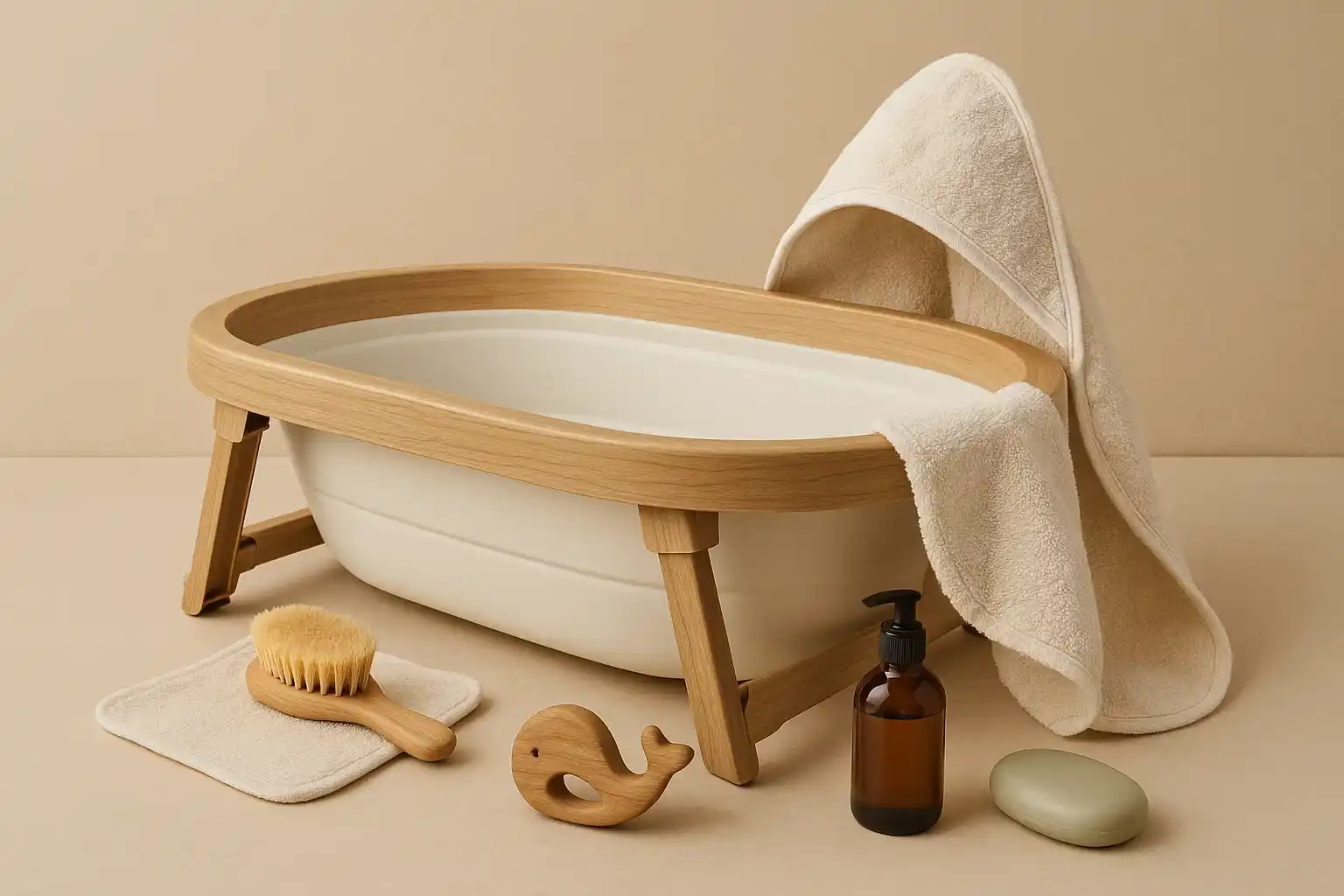
Bathtime, Simplified: Eco-Friendly Alternatives to Bulky Plastic Baby Baths
Reduce manufacturing impact and clutter with sink bath seats, inflatable tubs, or repurposed containers.
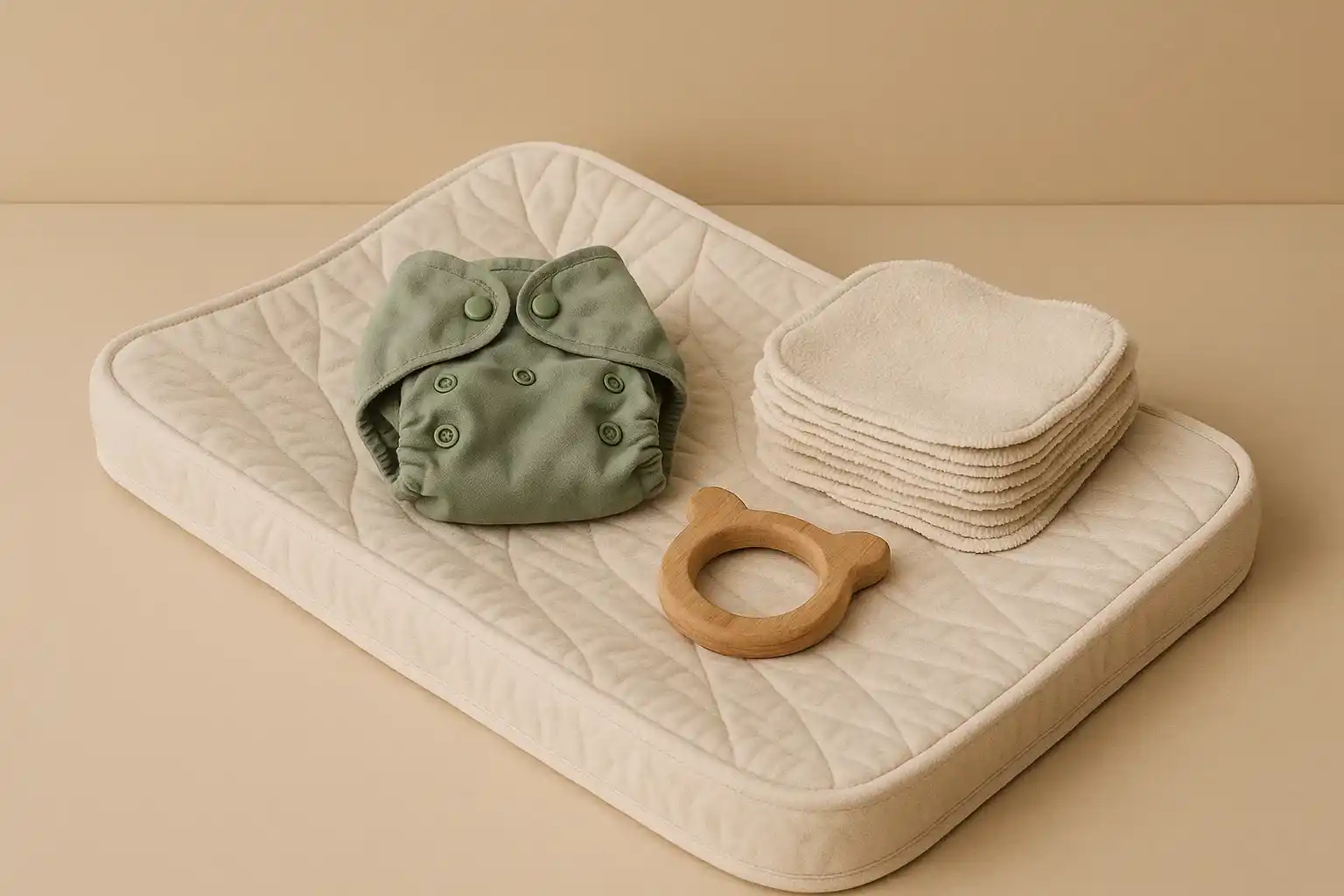
A Gentle Foundation: Choosing Eco-Friendly and Non-Toxic Changing Mats for Your Baby
Opt for organic cotton, cork-based, or recycled textile changing mats free from PVC and phthalates.
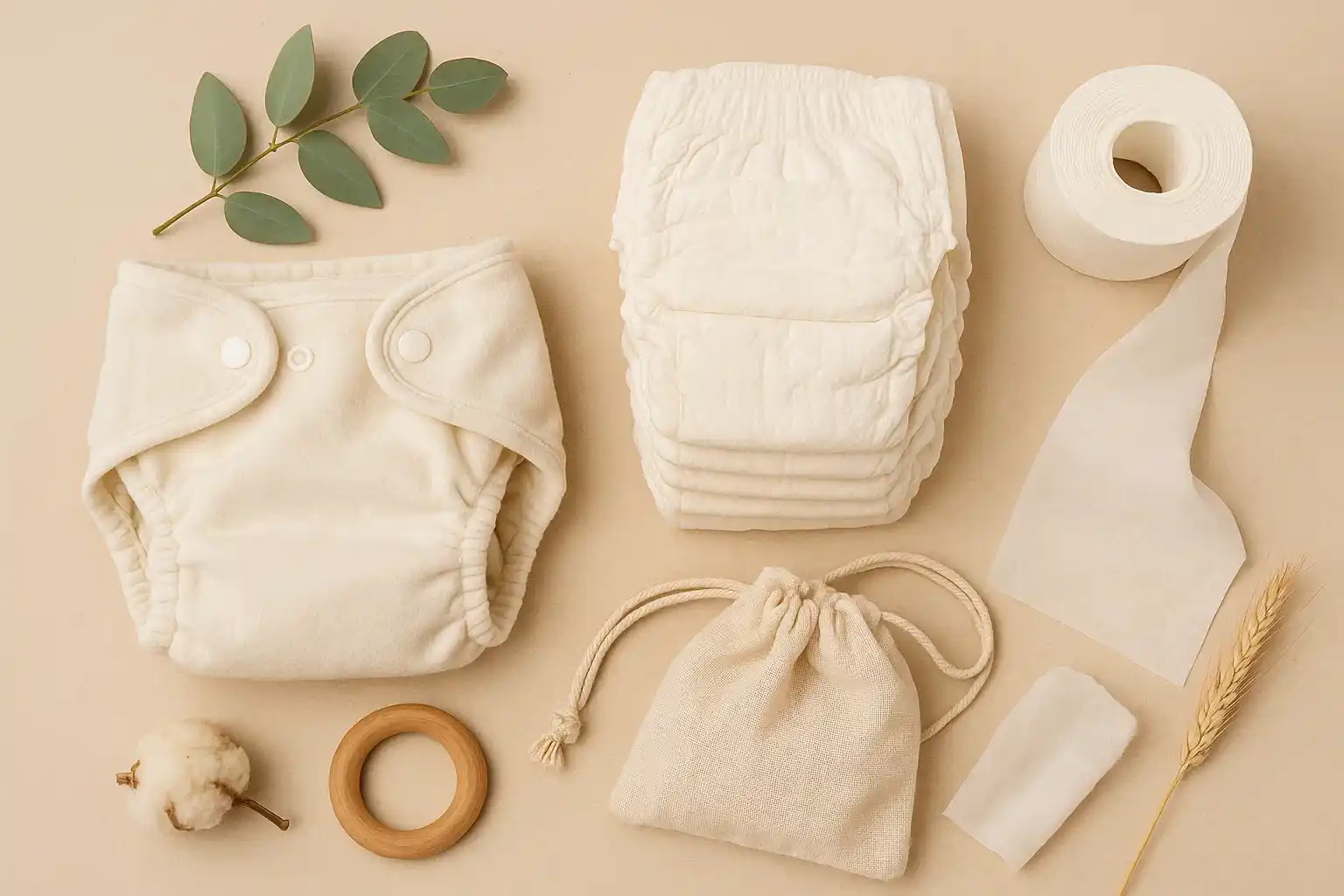
Diapering with Intention: Exploring Eco-Friendly Alternatives to Disposable Diapers
Cut down drastically on landfill waste with cloth, compostable, or hybrid diaper systems.
Stay in the Loop
Get tips and insights tailored to your interests — no spam, just sustainability.